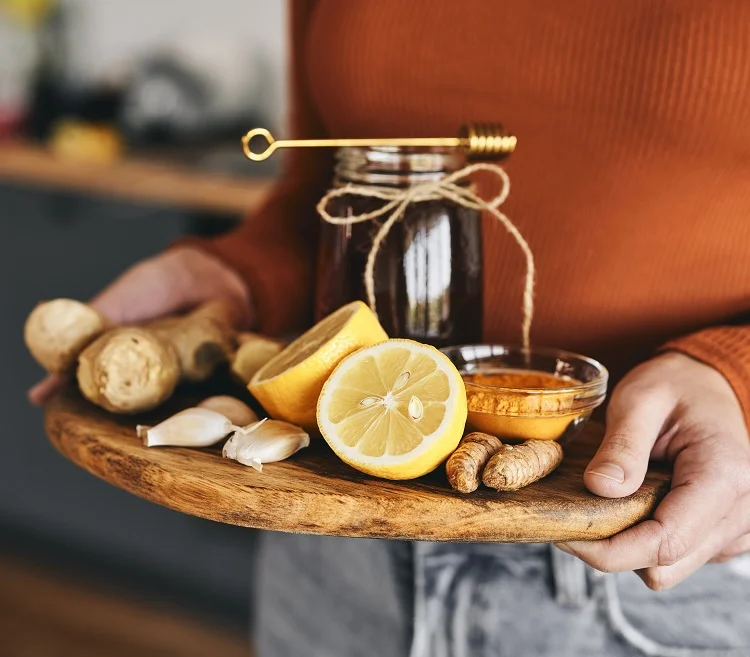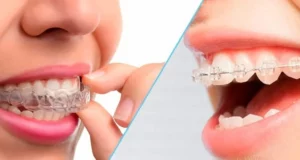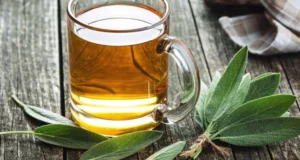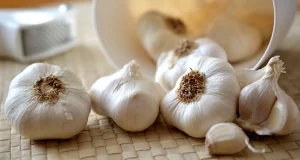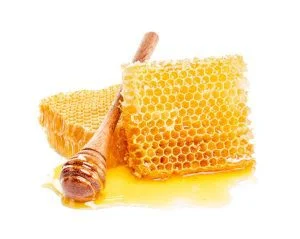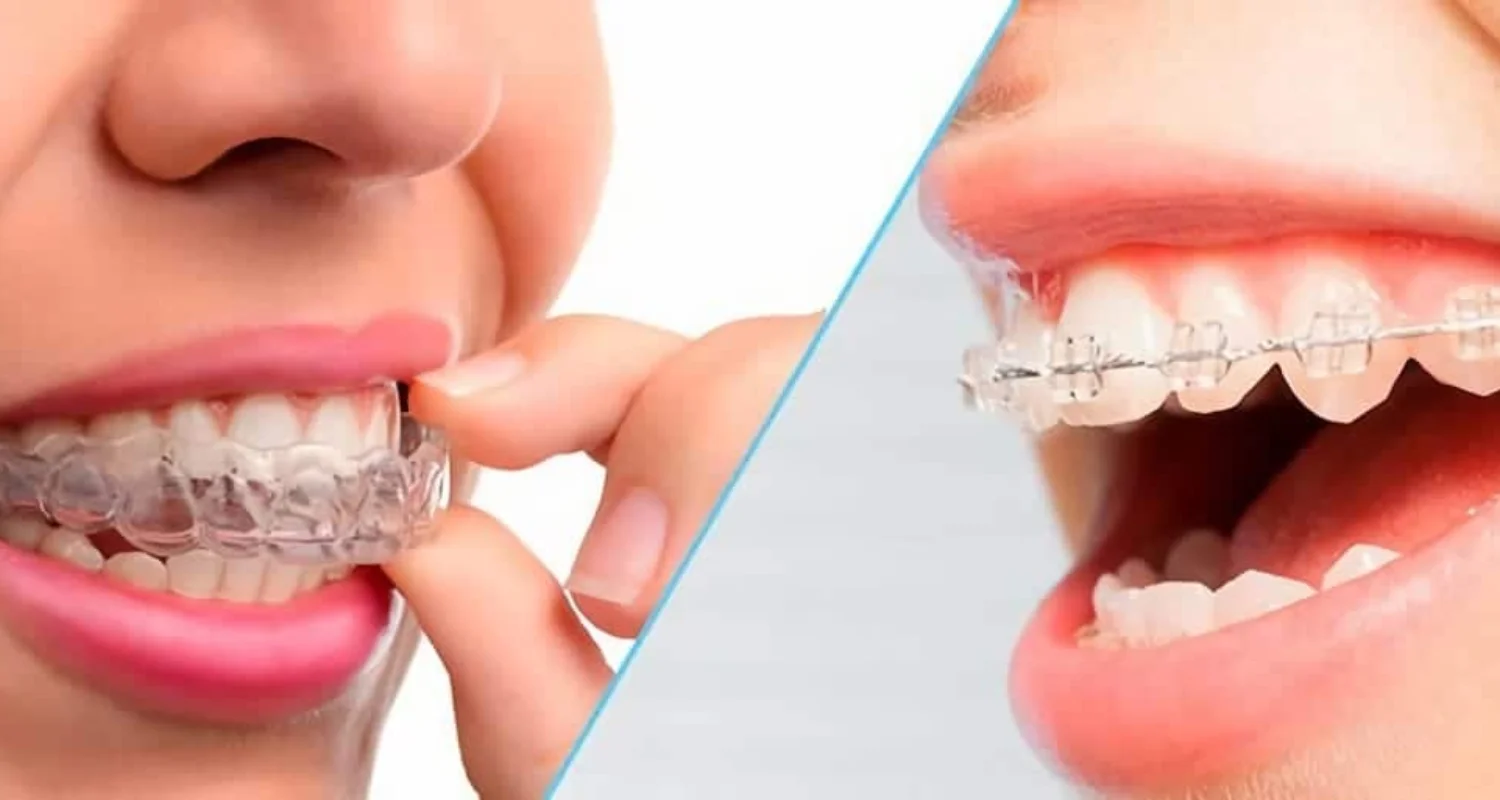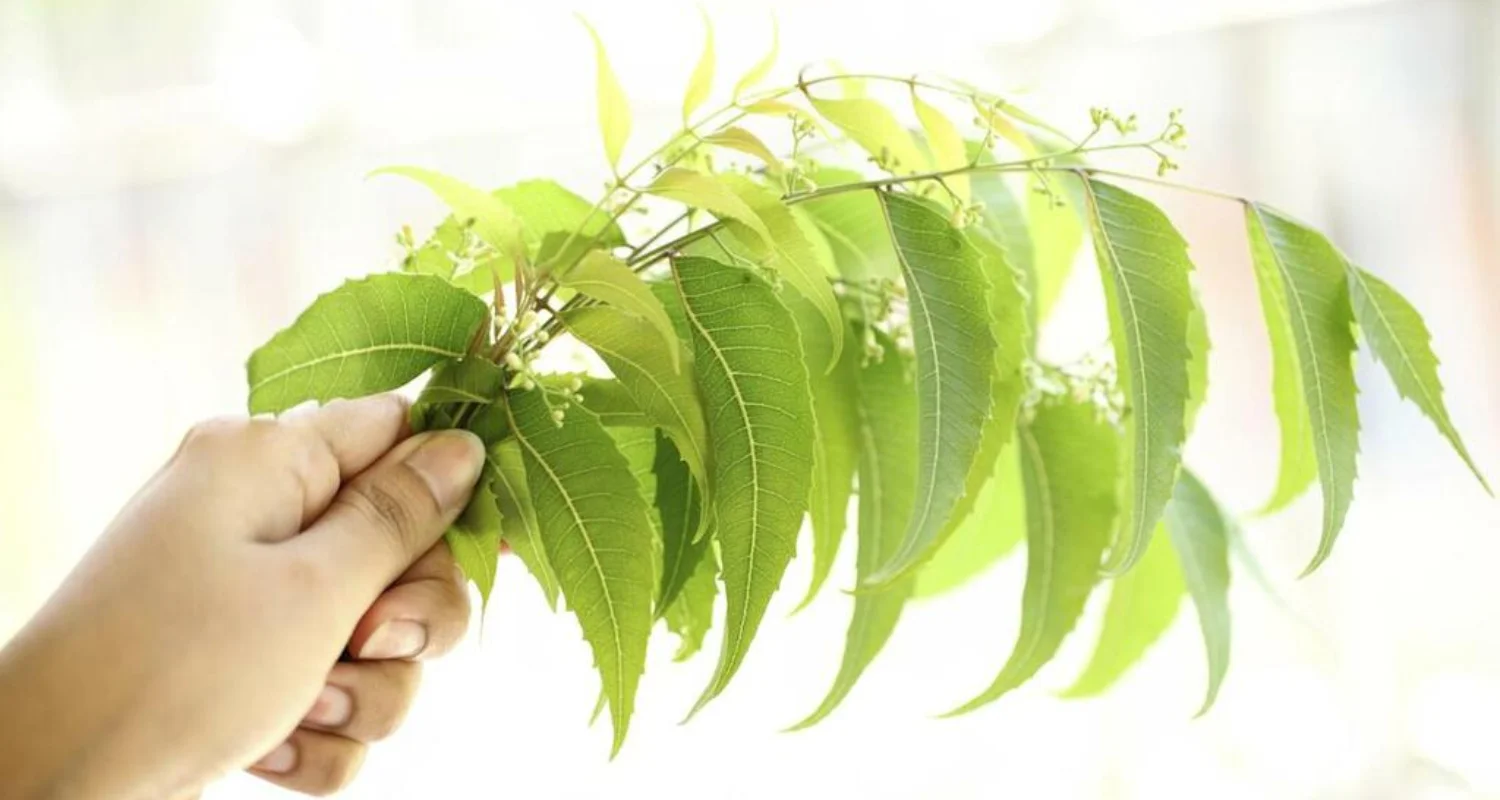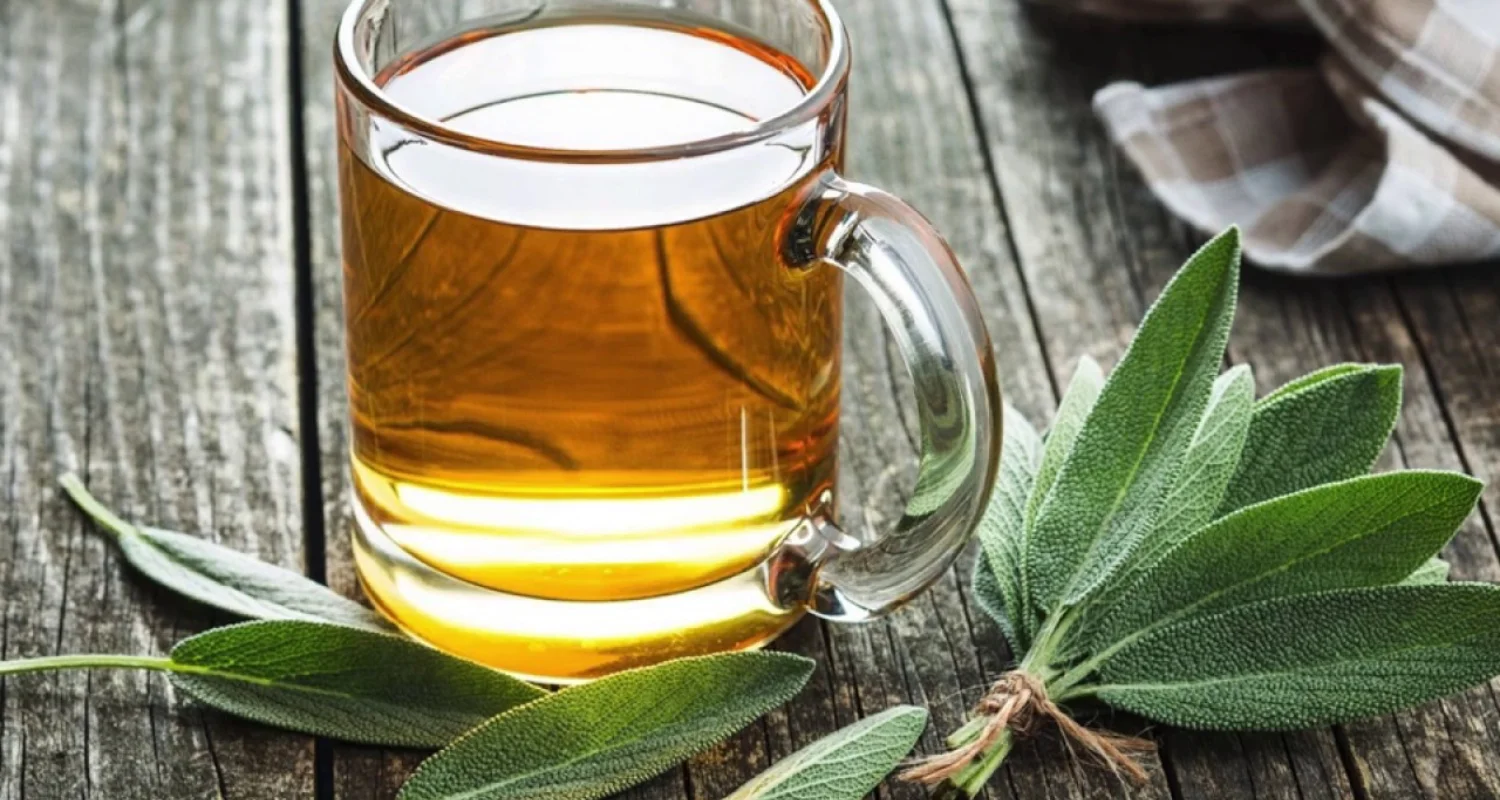Last Updated on: 19th June 2024, 11:10 am
✓ Fact Checked 🕓
❙ Our team of writers, editors, and medical experts rigorously evaluates each article to ensure the information is accurate and exclusively cites reputable sources.
❙ We regularly assess how the content in this article aligns with current scientific literature and expert recommendations in order to provide the most up-to-date research.
The pain associated with the eruption of wisdom teeth is a very common reason for consultation among teenagers and young adults. Wisdom teeth are the third and final set of molars that appear in the mouth, and typically erupt in most patients between the ages of 17 and 25. The human jaw is becoming smaller, but the number of teeth still remains in many people.
Therefore, these teeth often do not have enough space to fit in the mouth, which can cause inflammation in the gums and pain when they erupt. Other times, these teeth do not fully emerge and become stuck inside the bone; this is known as an impacted tooth. In this article we speak about the different home remedies for wisdom tooth pain.
Home remedies for wisdom tooth pain: Why do wisdom teeth hurt?
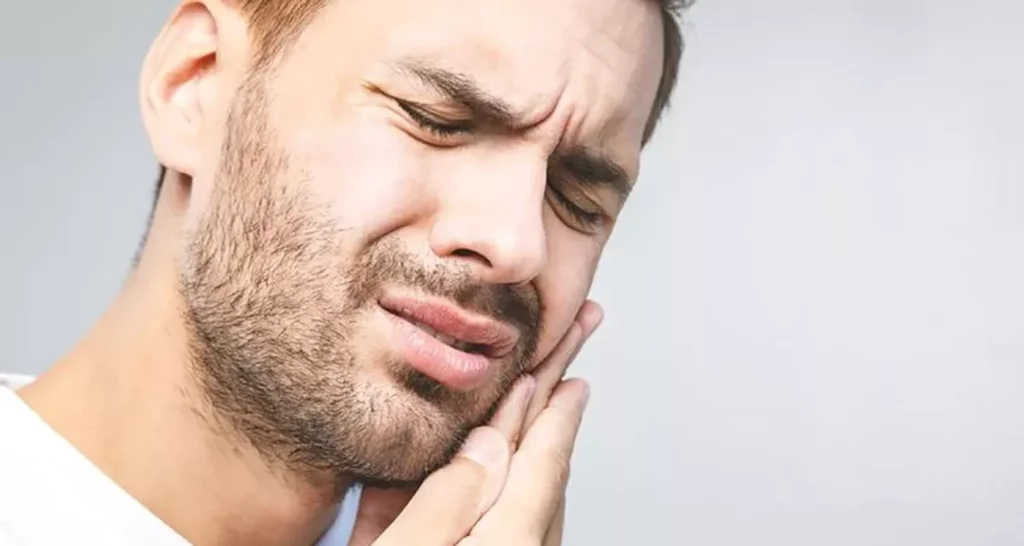
Wisdom tooth pain can be caused by:
1. Inflammation: Inflammation is the body’s defense mechanism, where all immune cells go to the area to solve aggression or infections. Inflammation in the cheek and gums generates intense pain.
2. Infection: Sometimes, when the wisdom tooth is emerging, it creates a space between the gum and the tooth, where food can easily accumulate, triggering an infection and inflammation in the gums, known as pericoronitis.
3. Pressure: Many patients do not have enough space in their mouths for wisdom teeth, so during their eruption, they may press and harm neighboring teeth.
4. Cysts: Occasionally, when wisdom teeth are impacted, they can cause the appearance of cysts, which, if they advance to damage a considerable portion of the bone, can generate a lot of pain.
5. Damage to neighboring teeth: If there is not enough space, wisdom teeth may absorb (make a hole) in the last molar, which in addition to causing severe pain can lead to the loss of the two teeth.
To know more about this topic, we have an article that talks about the reasons why your wisdom tooth should be removed.
Home remedies for wisdom tooth pain
Most of the time, when a wisdom tooth does not find a place in the mouth and causes problems, the treatment consists of extracting it. However, it is not always possible to see a dentist immediately, so we present 10 home remedies for wisdom tooth pain that can help reduce inflammation and pain caused by wisdom teeth:
1. Saltwater rinse:

Warm saltwater rinses have natural disinfectant properties as Home remedies for wisdom tooth pain. A study conducted in 2021 showed that saltwater rinses can help reduce inflammation and the presence of microorganisms that cause infection after oral surgeries.
You can perform these rinses 2 or 3 times a day, mixing a tablespoon of salt in a glass of warm water, and then spitting it out.
2. Clove oil:
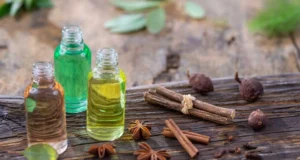
Clove oil or eugenol has known anti-inflammatory properties and has been used by dentists for centuries as Home remedies for wisdom tooth pain. You can apply a small amount of clove oil to the affected area or perform rinses with an infusion: Boil 4 whole cloves in water, let it cool, rinse and spit it out. It is important not to ingest this substance as small amounts can be toxic.
3. Menthol:
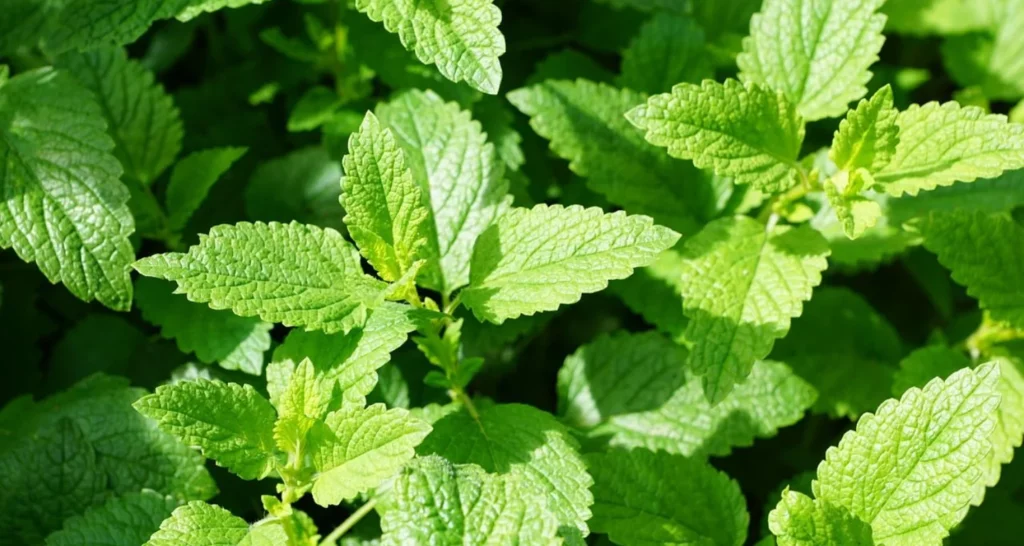
Menthol is a compound found in mint leaves and has demonstrated analgesic properties. Although no studies have been conducted to establish the role of menthol as Home remedies for wisdom tooth pain, it is considered a safe medicine. To relieve pain, you can perform rinses with mint tea after it has cooled or place tea bags on the sore area.
4. Garlic:
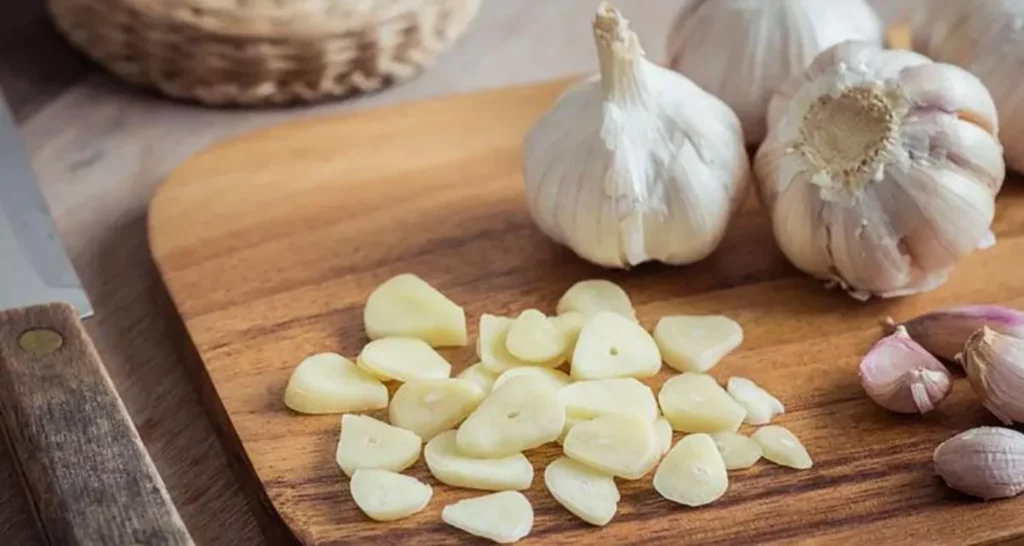
Garlic is a potent antimicrobial that can help decrease the level of infection and therefore, inflammation. You can crush a garlic clove into a paste and apply it to the gums.
If you’d like to learn about garlic as an alternative remedy for toothaches, you can visit the article here.
5. Ginger:
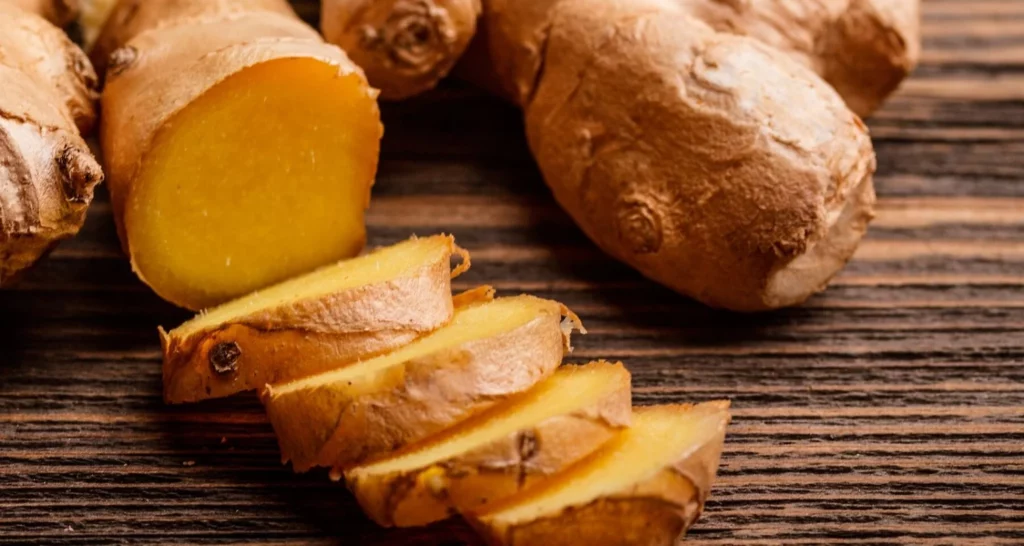
Ginger is a powerful antioxidant and therefore, an anti-inflammatory. You can make ginger infusions to use as a mouthwash once they have cooled down, or chop and grind it into a paste to apply to the affected area.
6. Calendula:
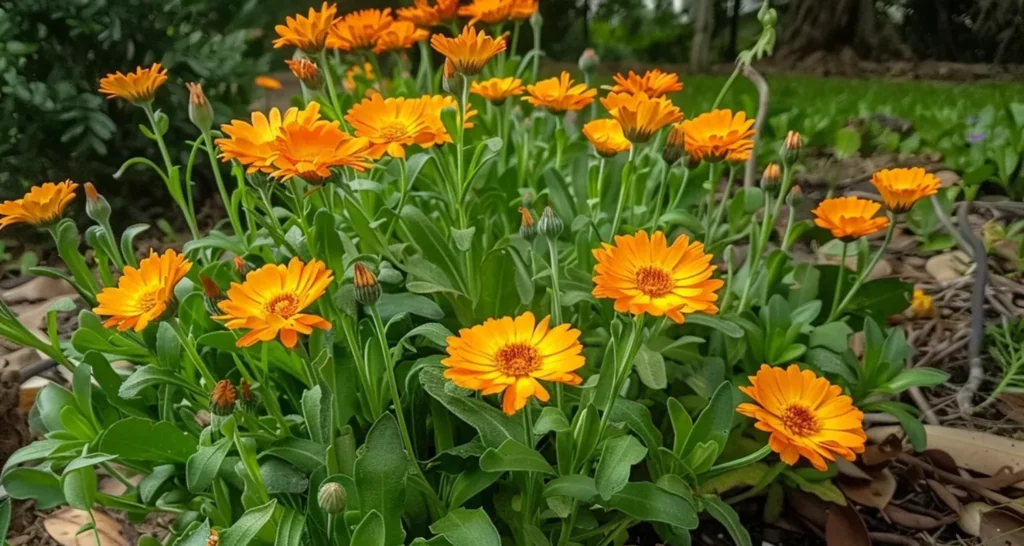
Mouthwashes made with calendula infusions are recommended by some periodontists (gum specialists) for the relief of inflammation. One study showed that this plant can help reduce gum inflammation and the percentage of bacteria residing in the mouth.
7. Guava Leaf Infusions:
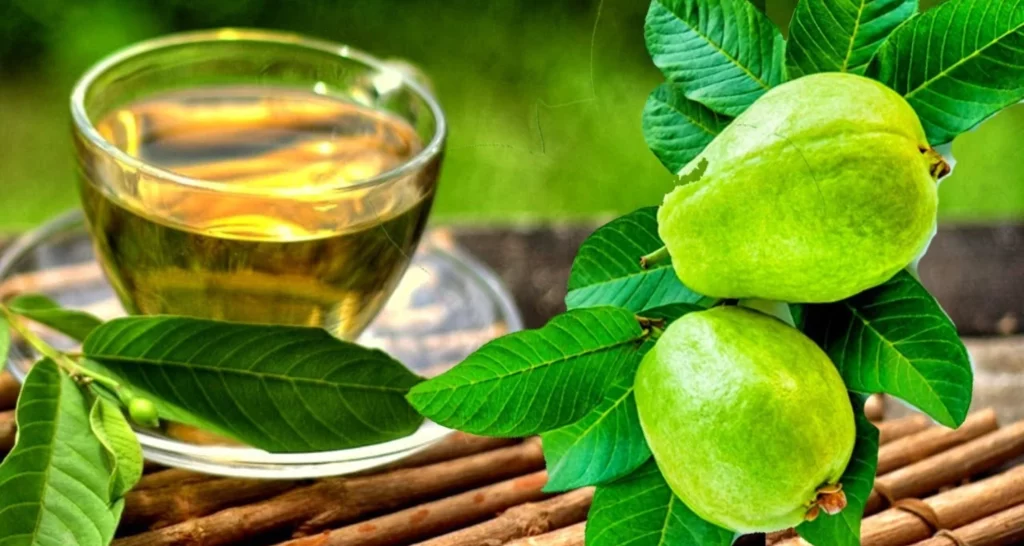
Guava leaves have antioxidant effects that can reduce inflammation caused by a gum infection. One study showed that guava leaf extract can be a powerful anti-inflammatory.
8. Onion:
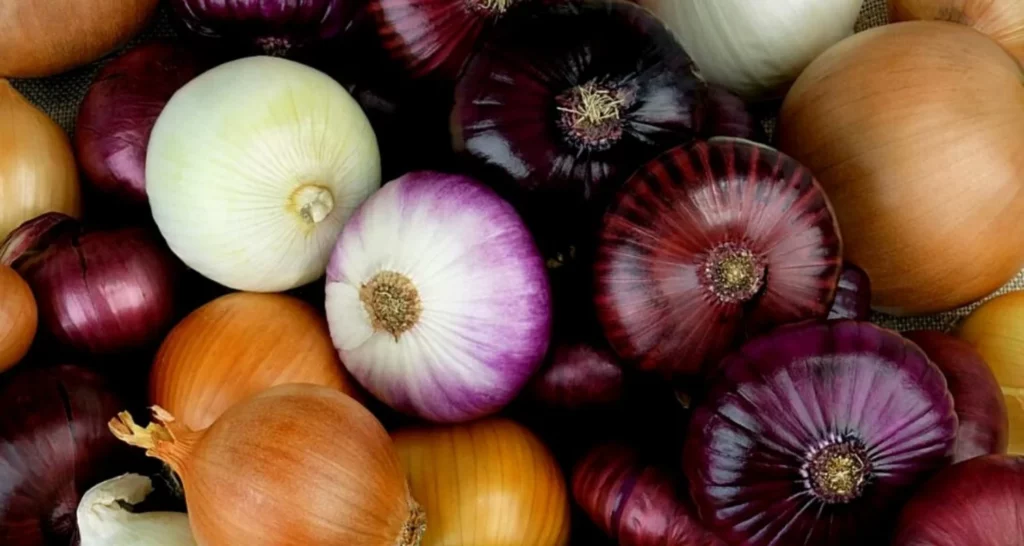
A study conducted a review of the anti-inflammatory effects of onion and found it to be a very powerful antioxidant. It can be applied raw, mashed into a paste and applied directly to the affected gum.
9. Oregano Oil:
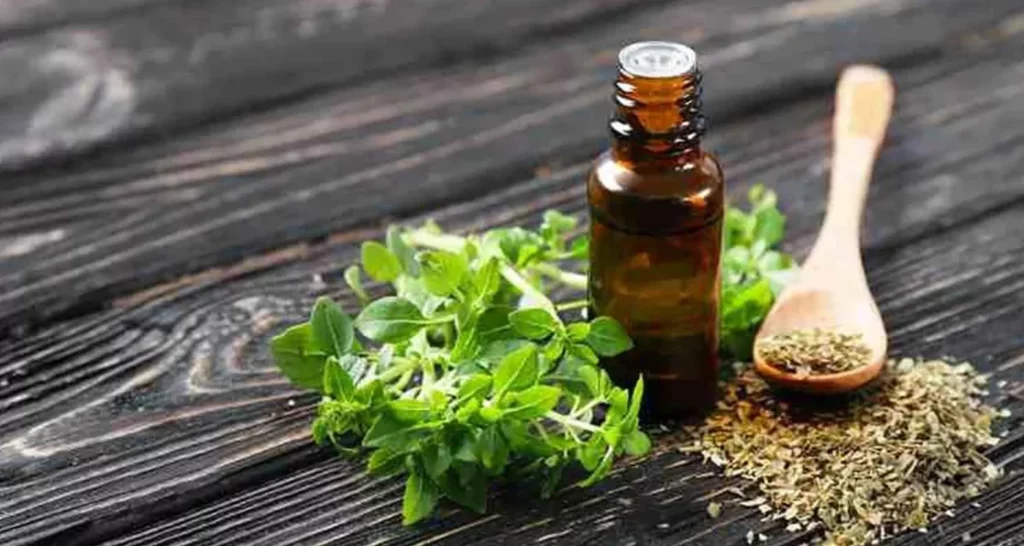
Oregano oil contains antibacterial and anesthetic properties that can help relieve toothache pain. As it comes in high concentrations, it is recommended to dilute a drop of oregano oil in coconut oil or almond oil and apply the mixture directly to the area of pain on the gum with a swab, several times.
10. Capsaicin:
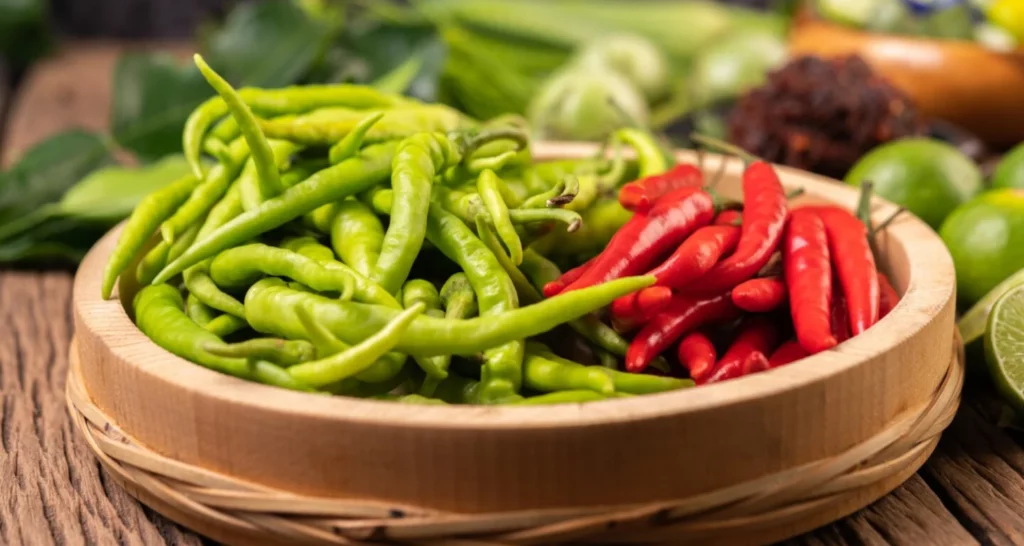
This ingredient is found in cayenne pepper and helps with swelling and pain. It helps with different types of pain, as it numbs nerve fibers. As it can irritate the gums, it is suggested to use small amounts, make infusions and use them as a mouthwash to avoid affecting the gums. Another option is to apply a small amount directly to the area of pain using a cotton swab.
Recommendations about the home remedies for wisdom tooth pain
● If the pain is generated after wisdom teeth extraction, do not perform any mouthwashes of any kind during the first 3 days, as it could dislodge the clot, which is essential for proper healing.
● None of the Home remedies for wisdom tooth pain mentioned eliminate the cause of the problem, they only help alleviate the symptoms. It is always advisable to attend a dental appointment with a dentist.
● It is not recommended to attempt these Home remedies for wisdom tooth pain to relieve dental pain in children.
Other tips as Home remedies for wisdom tooth pain:
1. Saline solution rinses:
Generally, the cause of pain is inflammation of the gum around the wisdom tooth, caused by an infection derived from food accumulation in the area. Therefore, it is recommended to fill a large syringe with saline solution, remove the sharp tip of the needle with scissors, and wash the space with a strong jet. It is important to do it near the place where the inflamed gum is located, and with sufficient pressure to displace food debris. This will reduce the number of bacteria causing the infection and inflammation of the gum, relieving the pain.
2. Do not smoke:
Nicotine is a problem for the inflammatory process, which has an important defense function for the body. In addition, heat can significantly increase swelling and pain.
3. Consume soft foods:
When people injure any other part of the body, such as an arm or leg, medical recommendations typically include rest. The same applies to teeth, so it is important to limit the diet to soft foods at room temperature. It is also recommended to chew on the opposite side of the affected molar.
4. Sleep with your head slightly elevated:
When a person lies down, a significant portion of the blood flow goes to the head, which can increase inflammation. Therefore, it is recommended to place 2 or 3 additional pillows, which will prevent an increase in pain at night.
When to see a dentist?
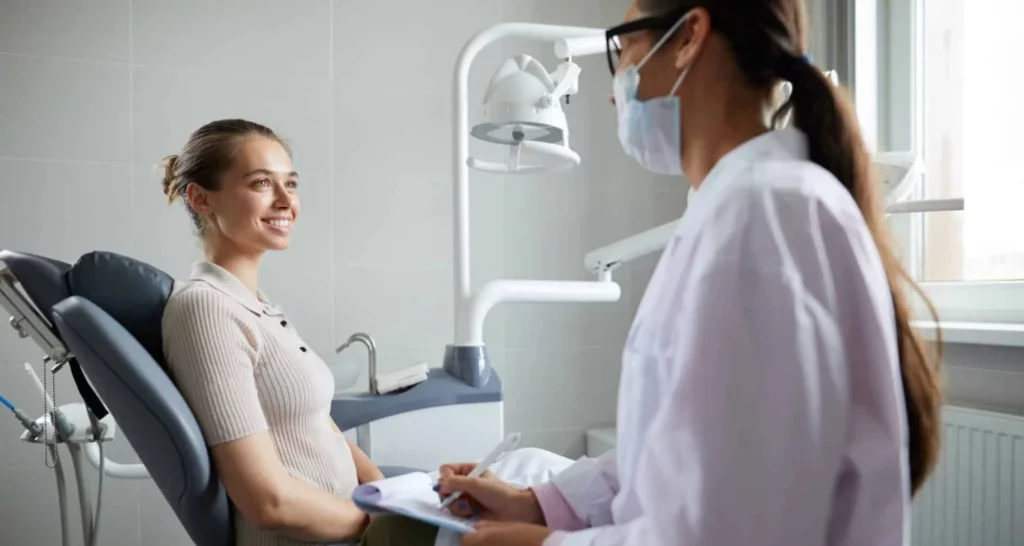
Usually, when a wisdom tooth causes discomfort, it is always advisable to see a dentist, who will evaluate if it is necessary to remove it or perform any additional procedure. Home remedies for wisdom tooth pain are often a way to relieve discomfort while waiting for an appointment with a professional, but they should never be taken as a definitive solution.
In many cases, when wisdom teeth cause discomfort, they must be extracted to prevent major complications, such as damage to other teeth, formation of cysts, major infections that could compromise the patient’s life, among others.
Consult your dentist for emergencies if you have any of the following symptoms:
● Intense, diffuse pain lasting more than two days, which does not cease with the taking of analgesics and which may be felt reflected in other areas, such as the ear, neck, back of the jaw, or eye.
● Difficulty opening the mouth or biting caused by inflammation.
● Swelling of the cheeks, around the eye, or neck.
● Numbness: The molar may be too close to nerve structures, which could affect them.
● Pain when swallowing or swallowing saliva: It may be a sign of infection.
● Bad taste in the mouth: Especially generated when there is an infection.
● Inflammation of the lymph nodes in the neck: small bean-shaped structures that contain lymphocytes (white blood cells) that help fight infections and diseases.
● Fever or general discomfort.
What are the possible complications of Home remedies for wisdom tooth pain?
If wisdom tooth pain is not treated in time by a dentist o only is treated with Home remedies for wisdom tooth pain, it could lead to the following complications:
● Infections and abscesses (in severe cases, it can compromise life)
● Dental caries
● Damage to adjacent teeth
● Cysts
● Tumors
Conclusion
● Although there are various Home remedies for wisdom tooth pain that can help control pain and inflammation, they do not eliminate the cause of the problem. The advice mentioned in this post can help reduce discomfort and control inflammation while attending with your trusted dentist.
● When experiencing dental pain, it is always advisable to see a dentist who can determine the cause and appropriate treatment for each case, as well as the Home remedies for wisdom tooth pain you can use.
Share:
References
1. Wisdom Teeth. (s/f). Mouthhealthy.org. Recuperado el 26 de marzo de 2023, de https://www.mouthhealthy.org/all-topics-a-z/wisdom-teeth
2. Burgess, L. (2022, mayo 27). Wisdom tooth pain: Causes, home treatment, and prevention. Medicalnewstoday.com. https://www.medicalnewstoday.com/articles/319461
3. Impacted wisdom teeth. (Mar 10, 2018). Mayo Clinic. https://www.mayoclinic.org/diseases-conditions/wisdom-teeth/symptoms-causes/syc-20373808
4. Watson, K., & Lovering, C. (Dic 22, 2021). Wisdom tooth pain: Relief, treatment, and more. Healthline. https://www.healthline.com/health/wisdom-teeth-pain-relief
5. Wisdom teeth. (Ene 2, 2017). Oral Health Foundation. Recuperado el 26 de marzo de 2023, de https://www.dentalhealth.org/wisdom-teeth
6. Mathur, A., Gopalakrishnan, D., Mehta, V., Rizwan, S. A., Shetiya, S. H., & Bagwe, S. (2018). Efficacy of green tea-based mouthwashes on dental plaque and gingival inflammation: A systematic review and meta-analysis. Indian journal of dental research : official publication of Indian Society for Dental Research, 29(2), 225–232. https://doi.org/10.4103/ijdr.IJDR_493_17
7. Alexandre, J. T. M., Sousa, L. H. T., Lisboa, M. R. P., Furlaneto, F. A. C., do Val, D. R., Marques, M., Vasconcelos, H. C., de Melo, I. M., Leitão, R., Castro Brito, G. A., & Goes, P. (2018). Anti-inflammatory and antiresorptive effects of Calendula officinalis on inflammatory bone loss in rats. Clinical oral investigations, 22(6), 2175–2185. https://doi.org/10.1007/s00784-017-2308-7
8. Collins, J. R., Veras, K., Hernández, M., Hou, W., Hong, H., & Romanos, G. E. (2021). Anti-inflammatory effect of salt water and chlorhexidine 0.12% mouthrinse after periodontal surgery: a randomized prospective clinical study. Clinical Oral Investigations, 25, 4349-4357.
9. NHS website. (2022, 26 mayo). Toothache. nhs.uk. Recuperado el 26 de marzo de 2023, de https://www.nhs.uk/conditions/toothache/
10. Cássia da Silveira E Sá R, Lima TC, da Nóbrega FR, de Brito AEM, de Sousa DP. Analgesic-Like Activity of Essential Oil Constituents: An Update. Int J Mol Sci. 2017 Dec 9;18(12):2392. doi: 10.3390/ijms18122392. PMID: 29232831; PMCID: PMC5751100.
11. Khairnar, M. S., Pawar, B., Marawar, P. P., & Mani, A. (2013). Evaluation of Calendula officinalis as an anti-plaque and anti-gingivitis agent. Journal of Indian Society of Periodontology, 17(6), 741–747. https://doi.org/10.4103/0972-124X.124491
12. Jang, M., Jeong, S. W., Cho, S. K., Ahn, K. S., Lee, J. H., Yang, D. C., & Kim, J. C. (2014). Anti-inflammatory effects of an ethanolic extract of guava (Psidium guajava L.) leaves in vitro and in vivo. Journal of medicinal food, 17(6), 678–685. https://www.liebertpub.com/doi/10.1089/jmf.2013.2936
13. Marefati, N., Ghorani, V., Shakeri, F., Boskabady, M., Kianian, F., Rezaee, R., & Boskabady, M. H. (2021). A review of anti-inflammatory, antioxidant, and immunomodulatory effects of Allium cepa and its main constituents. Pharmaceutical biology, 59(1), 287–302. https://www.tandfonline.com/doi/full/10.1080/13880209.2021.1874028


